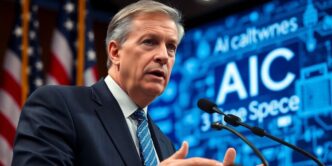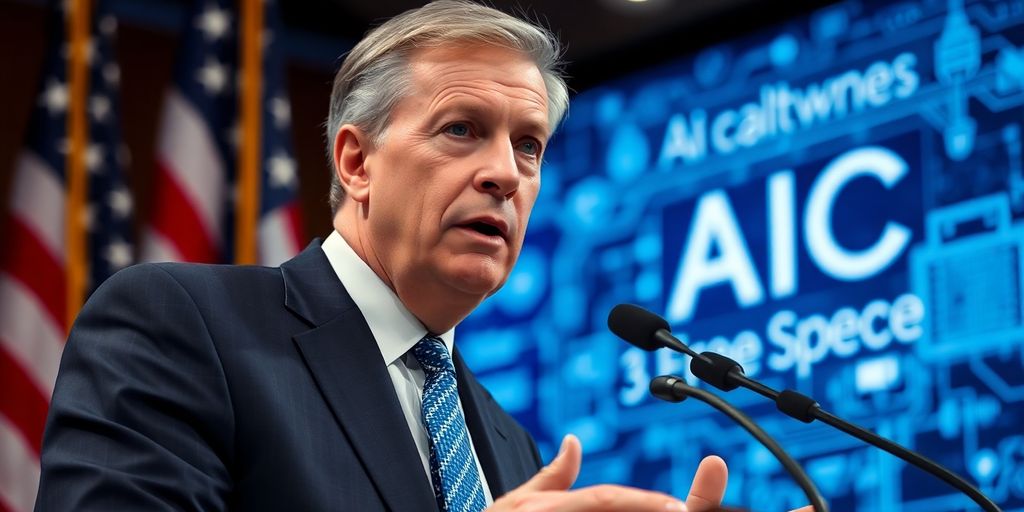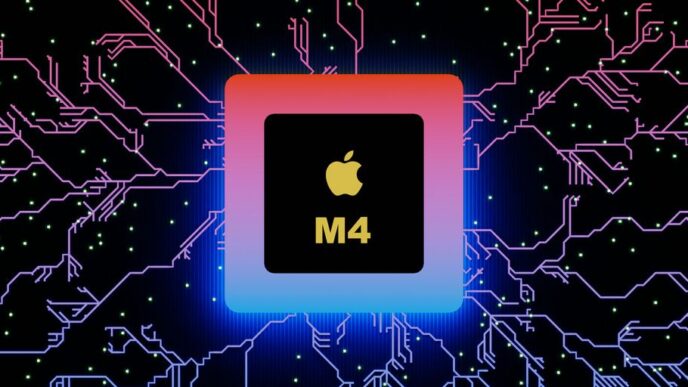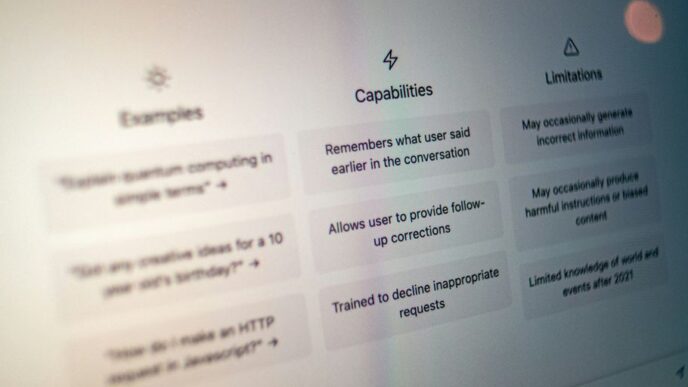In a recent address at the Mobile World Congress in Barcelona, Brendan Carr, the Chairman of the U.S. Federal Communications Commission (FCC), criticized the European Union’s approach to artificial intelligence (AI) development and free speech. He emphasized the need for a bias-free AI landscape and warned against protectionist regulations that could hinder American tech companies.
Key Takeaways
- Brendan Carr criticized the EU’s Digital Services Act (DSA) for being incompatible with American free speech traditions.
- He warned against ideological bias in AI development and pledged to defend U.S. companies against European regulations.
- Carr reached out to American tech firms to discuss strategies for compliance with the DSA without compromising free speech.
Criticism of the EU’s Digital Services Act
During his speech, Carr specifically targeted the EU’s Digital Services Act, arguing that it poses a threat to the foundational principles of free speech that are integral to American values. He stated that the DSA could lead to excessive fines for American companies operating in Europe, which could stifle innovation and free expression.
The Importance of Free Speech in AI Development
Carr highlighted the critical role of free speech in the development of AI technologies. He asserted that AI should be developed without ideological biases, which he believes could lead to a skewed representation of information and ideas. This perspective aligns with the broader American ethos of promoting open dialogue and diverse viewpoints.
U.S. Commitment to Global Partnerships
In his remarks, Carr also expressed a desire for the U.S. to collaborate with international allies in the tech sector. He praised American leadership in AI and indicated that the U.S. would actively seek partnerships that align with its values and regulatory frameworks. This approach aims to foster innovation while ensuring that American companies are not unfairly disadvantaged by foreign regulations.
Response from European Officials
Following Carr’s speech, European Tech Commissioner Henna Virkkunen did not publicly respond to his criticisms. This silence may indicate a reluctance to engage in a public debate over the DSA and its implications for free speech and innovation.
Conclusion
Brendan Carr’s remarks at the Mobile World Congress underscore a growing tension between U.S. and EU regulatory approaches to technology and free speech. As the global landscape for AI continues to evolve, the dialogue between these two regions will be crucial in shaping the future of technology and its impact on society. Carr’s commitment to defending American companies against perceived overreach by European regulations highlights the ongoing struggle to balance innovation with regulatory oversight.














